Iron Rally on ‘Borrowed Time’ as China Imports Sink

Iron ore imports by China contracted in May from April and the same month a year earlier, highlighting weakening demand in the largest buyer as Goldman Sachs Group Inc. repeated a forecast for a rally in prices to reverse.
Cargoes fell 12 percent from April to 70.87 million metric tons, and were 8.4 percent lower than a year earlier, according to customs data on Monday. That’s the lowest monthly total since February. Adjusted for the number of days in the month, the imports in May were at the slowest pace since November.
While prices posted the biggest monthly advance in almost two years in May as China’s port stockpiles fell by a record, Goldman Sachs is among banks predicting that the rally won’t last as global supplies are set to expand further amid a glut. In many commodity markets, recently installed low-cost supply can now be stretched to meet demand, BHP Billiton Ltd. Chief Executive Officer Andrew Mackenzie said last week.
“This rally is living on borrowed time,” Goldman analysts Christian Lelong and Amber Cai said in a note on Monday, targeting a drop back below $50 a ton. While higher prices may last in the short term, rates need to drop again to force the closure of higher-cost mines to balance the market, they said. Last month, Goldman said iron ore’s jump offered investors an opportunity to bet on renewed declines.
Ore with 62 percent content delivered to Qingdao fell 0.5 percent to $64.45 a dry ton on Friday, according to Metal Bulletin Ltd. Prices jumped 10 percent in May following a 9.4 percent gain in April. After bottoming on April 2 at a decade-low $47.08, prices trimmed this year’s loss to 9.6 percent.
Overseas Supplies
Over the first five months, iron ore purchases were about 378 million tons, down about 1.1 percent from the same period in 2014, according to the data. China buys supplies from abroad to supplement locally mined production.
A downturn in construction in China linked to a weak property sector has hurt domestic steel demand. Crude-steel production slid 0.7 percent in April from a year earlier to 68.9 million tons, according to the World Steel Association.
“With China’s crude-steel output declining, that’s going to reduce demand for iron ore,” Wu Zhili, an analyst at Shenhua Futures Co. in Shenzhen, said by phone on Monday. “Steel mills probably decided to hold off imports as prices rebounded, and use ports inventories instead.”
Lower prices are creating a testing environment for commodity producers, while demand is slowing to more routine levels amid the transition in China’s economy, Mackenzie said Wednesday. BHP is the world’s biggest mining company and the largest iron ore producer after Rio Tinto Group and Vale SA.
Holdings at ports fell 13 percent to 85.4 million tons last month, and extended the decline in the first week of June to 83.8 million tons, according to Shanghai Steelhome Information Technology Co. That’s the lowest level since November 2013.
“Chinese steel consumption is contracting and we expect seaborne iron ore demand to peak next year,” Goldman said in the report. “The market outlook remains unchanged.”
Iron ore for September delivery fell 0.7 percent to 434 yuan ($69.95) a ton on the Dalian Commodity Exchange on Monday, the lowest in a week. Futures for September settlement sank 1.2 percent to $54.48 in Singapore at 3:10 p.m. local time.
XINSTEEL INFORMATION

 +86 371 55057610
+86 371 55057610  inquiry@xsteelplate.com
inquiry@xsteelplate.com


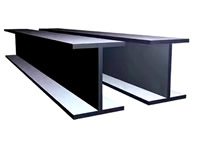
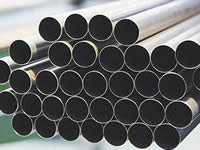
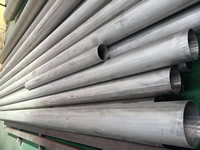
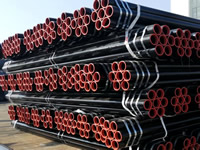
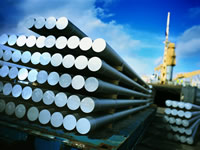

 Tel:+86 371 55057610
Tel:+86 371 55057610  Fax: +86 371 5505 7611
Fax: +86 371 5505 7611